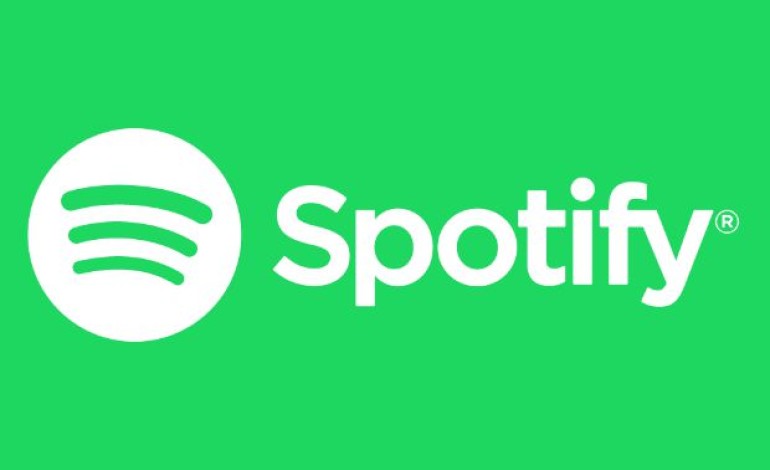
The Department for Culture, Media and Sport (DCMS) met this week with representatives across the music industry to address concerns about unfair renumeration for artists from streaming services.
The government’s Creator Renumeration Working Group (CRWG), chaired by Minister for Creative Industries, Arts, and Tourism Chris Bryant, met representatives from Universal Music, the Musicians’ Union, YouTube, Music Publishers Association, Spotify, BPI and Music Managers Forum.
Bryant reposted a post on X from trade association UK Music showing the meeting. “UK Music’s Chief Executive Tom Kiehl participated in a roundtable discussion with DCMS Minister Chris Bryant, UK Music members & other music industry trade bodies to talk about how the new government could support the music industry,” the post says.
UK Music’s Chief Executive @Tomkiehl participated in a roundtable discussion with @DCMS Minister @RhonddaBryant, UK Music members & other music industry trade bodies to talk about how the new government could support the music industry. pic.twitter.com/aWWpSfqZvY
— UK Music (@UK_Music) July 25, 2024
A considerable number of artists including David Byrne and Neil Young have had long-standing feuds with Spotify, and many more have spoken out against the increasingly small amount they are able to earn from their music being streamed on the service, as well as rivals like YouTube. Most notable among these artists are Taylor Swift and Thom Yorke, who both temporarily removed their music from Spotify, as well as a collection of songwriters behind chart-topping songs who drew attention to the issue in a video posted to social media in February.
Despite ongoing negative press surrounding artist renumeration, Spotify remains coy about its policy towards the compensation of artists. The company says only that “Spotify does not pay artist royalties according to a per-play or per-stream rate; the royalty payments that artists receive might vary according to differences in how their music is streamed or the agreements they have with labels or distributors.”
Spotify says it distributes approximately 70% of its total revenue to rights-holders, who will then pay artists based on their individual agreements. Under this system, smaller and independent artists with fewer legal and managerial resources are at a distinct disadvantage.
In October 2020, the DCMS launched an inquiry into the economics of music streaming and submitted a report with its recommendations to the government on 15 July 2021. These recommendations concerned the use of metadata by streaming services, as well as transparency in royalty policies, as well as creator remuneration.
Earlier this year the committee said it had “made good progress on industry-wide solutions to both the metadata and transparency issues,” but this week’s meeting appears to be the biggest step yet taken towards addressing long-standing grievances from artists about fair pay for their work.
